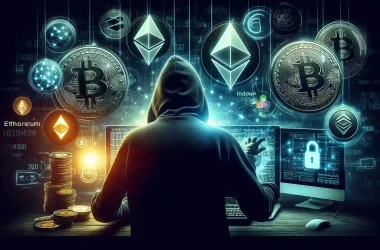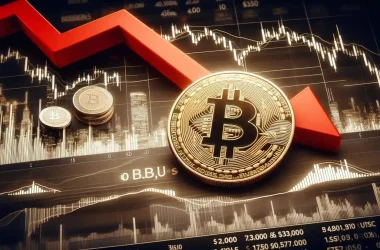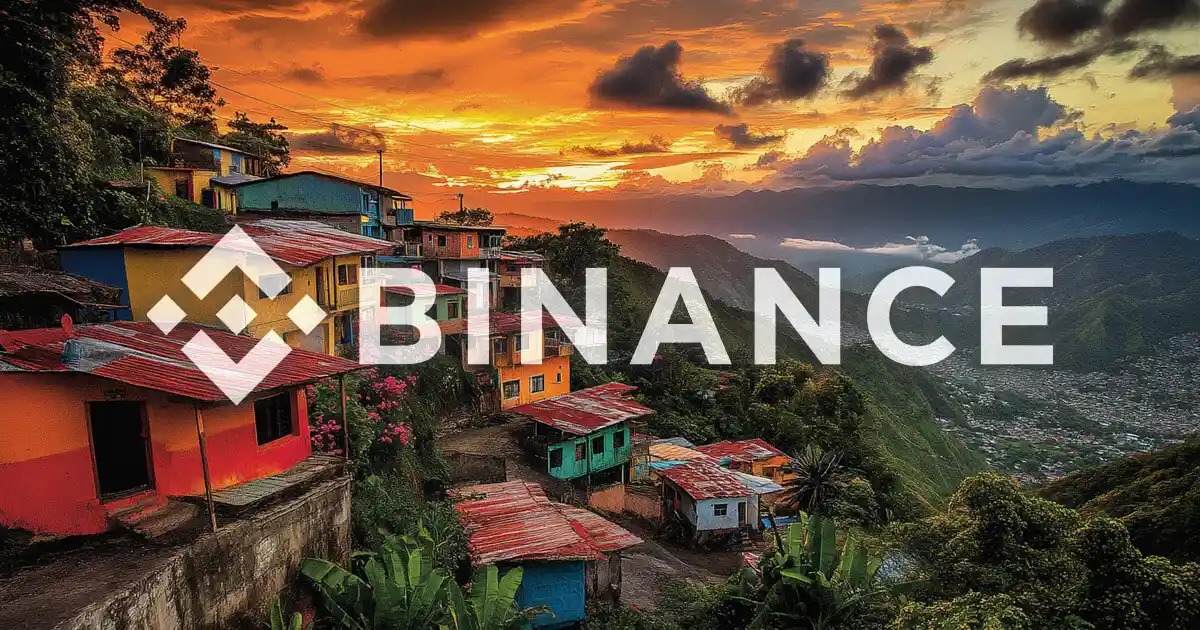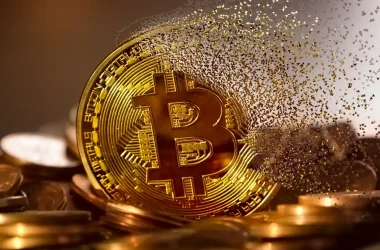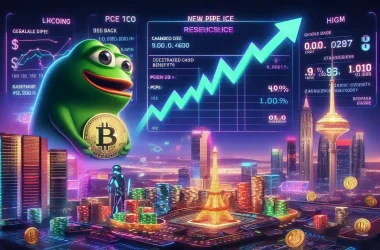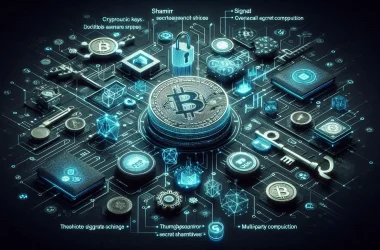Binance confirmed that the Venezuelan government restricted access to its website after the controversial presidential election.
Access Restrictions Amid Election Turmoil
On August 10, Binance announced on X that its website, along with others in Venezuela, faced access limitations. Despite this, Binance assured users that their funds are secure and that they are monitoring the situation closely.
Binance’s Role in Venezuela
As the world’s largest cryptocurrency exchange by trading volume, Binance plays a vital role in Venezuela. Many Venezuelans rely on Binance for peer-to-peer transactions involving stablecoins like USDT and Bitcoin. This is due to the severe devaluation of the local currency, the bolivar.
Bypassing the Blockade
The local group VE sin Filtro advised Venezuelans to use a virtual private network (VPN) to bypass the crypto platform’s blockade. However, some Venezuelans worry that using such tools could harm their accounts. Journalist Jose Antonio Lanz questioned whether Binance applies different policies to Venezuelans compared to users in other restricted countries.
As of press time, Binance has not responded to requests for additional comments.
Social Media Platform X Also Affected
In a related move, President Nicolás Maduro imposed a 10-day ban on the social media platform X. He accused the platform’s owner, Elon Musk, of “inciting hate and fascism.” This action followed the election authorities’ declaration that Maduro won the July 28 election. However, the opposition challenged this by publishing a website showing their candidate, Edmundo González, as the real winner.
The United States rejected the election results, stating that Edmundo González Urrutia received the most votes in the July 28 presidential election.
The post Venezuelans turn to VPNs as government restricts Binance access appeared first on CryptoSlate.


